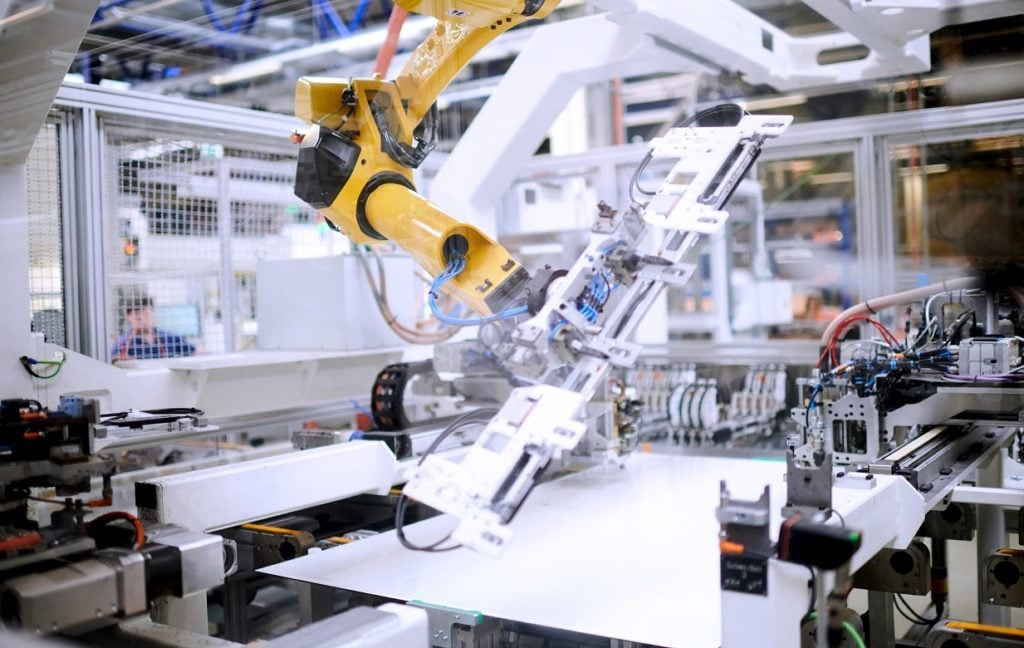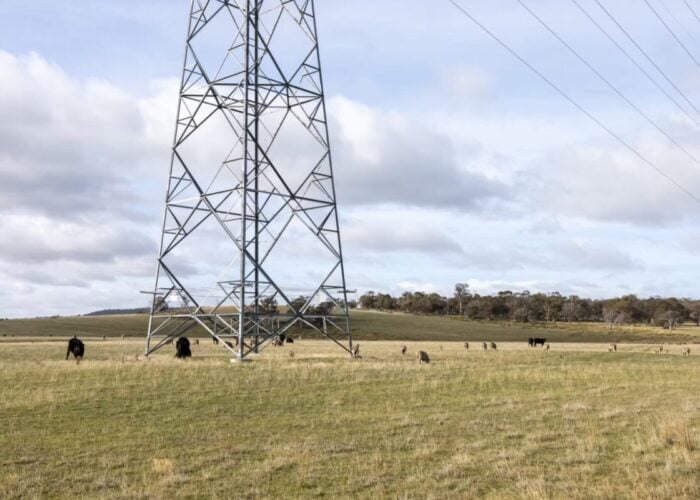
The European Solar PV Industry Alliance (ESIA) has published a due diligence guide for solar PV supply chains and a letter to state its stance against forced labour.
ESIA said China is a major producer and supplier of metallurgical silicon and polysilicon production in the solar PV supply chain, while Xinjiang province plays an important role in mineral extraction in quarries and metal processing.
Unlock unlimited access for 12 whole months of distinctive global analysis
Photovoltaics International is now included.
- Regular insight and analysis of the industry’s biggest developments
- In-depth interviews with the industry’s leading figures
- Unlimited digital access to the PV Tech Power journal catalogue
- Unlimited digital access to the Photovoltaics International journal catalogue
- Access to more than 1,000 technical papers
- Discounts on Solar Media’s portfolio of events, in-person and virtual
Or continue reading this article for free
However, about one million citizens have been subjected to state-imposed forced labour initiatives such as vocational education and training centres and labour transfers within Xinjiang and across China, according to ESIA. Therefore, ESIA called for disengagement from regions with “significant risk of state-sponsored forced labour”, reducing dependency on non-European countries and revitalising European PV production to respect human rights, in addition to solar module supply sovereignty and technological leadership.
ESIA also welcomed the European Union’s decision to ban importing and exporting products made with forced labour.
Last October, the EU Internal Market and International Trade Committees adopted a draft regulation banning products with forced labour in their supply chains from entering the EU.
PV Tech also reported that the European Solar Manufacturing Council (ESMC) and Uyghur groups were also calling for shifting the burden of proof to tackle alleged Xinjiang forced labour in Europe’s solar supply.
Due diligence guide
In addition to its stance against forced labour, ESIA also offers several recommendations for solar companies to eliminate forced labour links in their supply chains.
For example, solar manufacturers and companies can implement a serial code system, accompanied by a comprehensive digital record, to establish traceability in the supply chain.
“These systems should offer a detailed level of information to verify that neither the company nor its suppliers have any exposure to regions associated with state-sponsored forced labour, on a global scale, regardless of whether the products are intended for the EU market,” said ESIA.
Solar manufacturers and companies can also implement a supplier code of conduct in line with international standards, ensuring adherence to practices that prohibit forced labour and abuse.
Moreover, solar manufacturers and companies can conduct supplier on-site audits focusing on high-risk suppliers, and follow social audit and material segregation protocols in regions without state-sponsored forced labour. If evidence of forced labour is found, solar manufacturers and companies should take immediate steps to disengage businesses involved in forced labour.
Supply chain audit law
However, more recently, EU member states blocked a proposed directive on 28 February, which required companies to audit their supply chains for forced labour or environmental damage.
In response to the decision, Jens Holm, sustainability policy director of ESMC, said: “Terribly bad news for all of us who want a more sustainable supply chain in the solar PV industry. Respect for human rights and the environment should be a no-brainer for all industries in the 21st century.”
“With stricter social and environmental sustainability requirements, the European solar PV industry would be strengthened and win market shares in the long run. I expect Germany and other sceptical countries [will] soon understand and embrace robust European legislation on sustainable due diligence,” Holm added.







